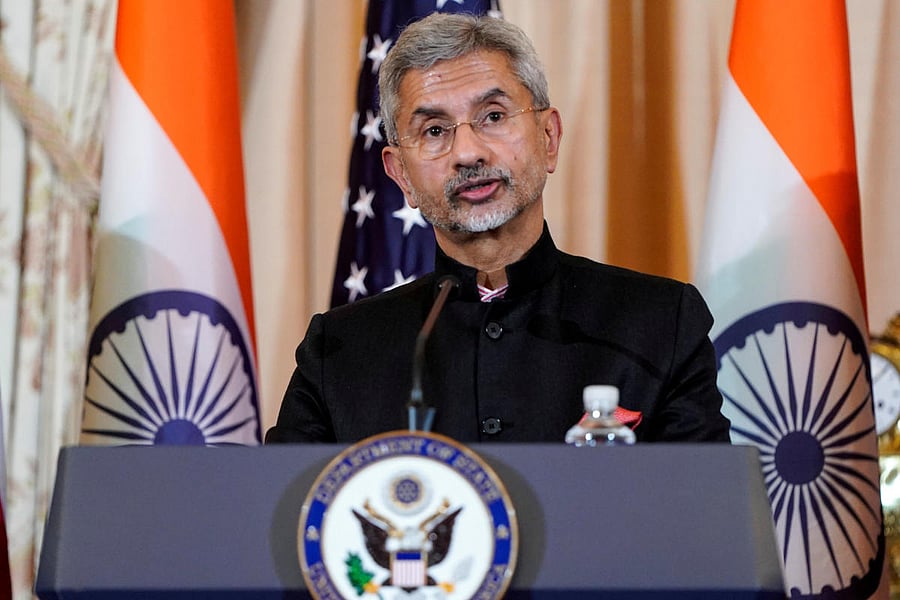
India is drawing flak for purported rise of illiberalism during Prime Minister Narendra Modi’s rule because the critics in the west were not being able to come to terms with the “very deep democratization” that took place in the country, External Affairs Minister S Jaishankar said on Wednesday.
“A lot of problem today, you must understand, is those in the west looking at India and writing about India are not able to come to terms with the changes taking place (in the country),” Jaishankar said during an online discussion hosted by the Lowy Institute of Australia. “What are the changes? You have a very deep democratization of India.”
The comment by the External Affairs Minister came a day after NITI Ayog Chief Executive Officer, Amitabh Kant, triggered a controversy saying that it was difficult to introduce tough reforms in India as it was “too much of a democracy”.
Jaishankar was asked by the moderator Michael Fullilove, the Executive Director of the Lowy Institute, if he was concerned about criticism from the west, particularly by the western media, about the “dip in rule of law, freedom and civil liberty” in India.
Fullilove referred to the article titled “India’s Diminishing Democracy” on the November 28 edition of The Economist magazine and asked for the reaction of the External Affairs Minister. He asked Jaishankar if he, being the External Affairs Minister of India, was concerned over the perception in the west that the country was going towards “an illiberal direction”.
Jaishankar said that the “political biases” of the magazine Fullilove referred to had been “pretty evident, including in the elections” over the past few years.
“Seventy years ago, when you looked at what was India’s leadership, there would be much more English speaking, there would be much more big city (people), there would be much more people like us,” said the External Affairs Minister, adding: “So, I would suggest to you that a large part of why we get this kind of analysis is that you have people looking at India and saying ‘Oh! These are not the people we know, they talk a different language, we are not sure what their thought processes (are), their social habits are different. So, they are not the nice Indians we used to know. They are different’. And they don’t make an effort to really to understand this.”
“In a sense, it comes down to kind of a globalisation and elitism problem. We are also having a cultural shift in India,” said Jaishankar.
He said that the “bigger issue” was how “this changing India” would “communicate better” with the world and how it would “make the world make the effort to understand” it. “And, frankly, to me, as the Foreign Minister, this is a challenge I need to focus on very strongly”.
Jaishankar, who served as India’s ambassador to China and the United States, retired as the Foreign Secretary in January 2018. When Modi commenced his second term as the Prime Minister in May 2019, he chose Jaishankar as a successor to Sushma Swaraj in the office of the External Affairs Minister.
The diplomat-turned-politician led New Delhi’s effort last year to defend the Modi Government against criticism from the United States and the Europe over the restrictions and the shutdowns imposed in Jammu and Kashmir (J&K) as well as the detentions of the political leaders and activists after the erstwhile state was stripped off its special status and reorganized into two Union Territories.
He also led the Ministry of External Affairs (MEA) to counter international criticism against the Citizenship (Amendment) Act (CAA) enacted by the Modi Government in December 2019 to ensure citizenship to people of six non-Muslim communities – Hindu, Sikh, Jain, Parsi, Buddhist and Christian – if they had to migrate to India from Muslim-majority Pakistan, Afghanistan and Bangladesh on or before December 31, 2014, in order to escape “persecution on the ground of religion”.

